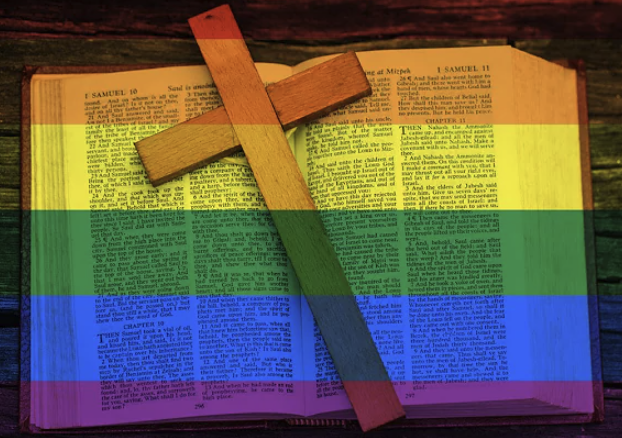If you pay close attention to the details, it’s clear that your GetReligionistas are already preparing to close our doors on Feb. 2.
Look at the masthead, for example. We have inserted “2004-2024” under the name and the original first post — “What we do, why we do it” has turned into a “History” link. I’m already working on the “Why we did what we did” final piece.
Like I said the other day, we are closing — but some GetReligion features will continue in other places.
The religion-beat patriarch Richard Ostling will keep writing some form of news “Memo” for Religion Unplugged, where his editor will be our own Clemente Lisi. I will continue the “Crossroads” podcast with our partners at Lutheran Public Radio and they will be available here at the GetReligion archive (see the new logo on the right sidebar), Tmatt.net and the podcast pages at Apple. We’re talking about some form of Q&A podcast or video. The GetReligion feed on X will remain open. I’m pondering a Substack newsletter — “Rational Sheep” — on religious faith and mass culture.
But the main thing that is going on is that we are working to turn this massive website into a searchable archive for people — journalists, book writers, etc. — who want tons of information, URLs and commentary about the past two decades of religion-beat news (with a heavy emphasis on First Amendment issues). It helps to remember that I am married to a reference librarian who started working on computer networks when she was a University of Illinois at Urbana-Champaign graduate student in the late 1970s.
One of the things we will do, on the “Search” page, is offer some suggestions for search terms to find some classic GetReligion work. I have, for technical and legal reasons, been reading my way back through the history of of this blog and, the other day, I hit 2013.
Let’s just say that i urge readers to do a search for these terms — “Hemingway,” “Gosnell,” “trial,” 2013 — and dig into what they hit.








